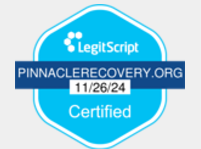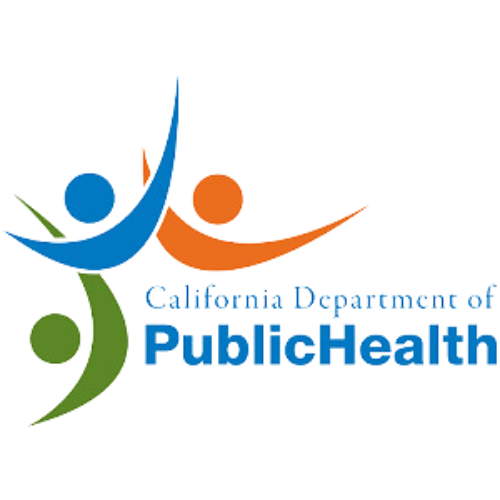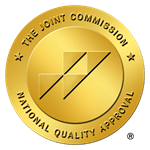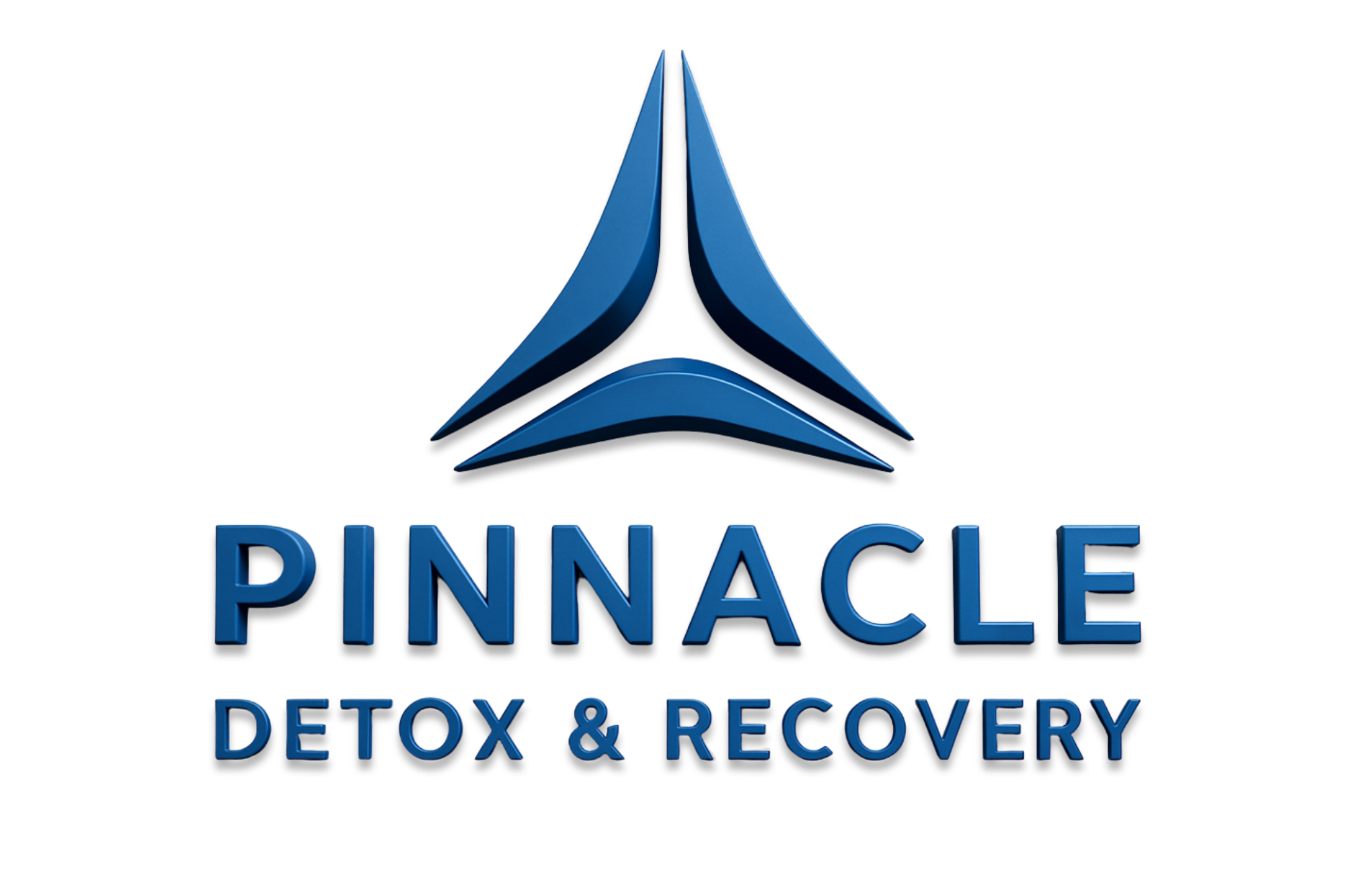Today's most effective alcohol recovery programs combine customized treatment planning,
evidence-based therapies like CBT, and integrated support systems to help you achieve lasting sobriety. You'll find success through a mix of
medication-assisted treatment,
virtual recovery platforms, and
trauma-informed care adapted to your needs. With success rates showing 76% of patients maintaining sobriety at three months post-treatment, modern programs offer proven pathways to help you reclaim your life. The following insights reveal how these extensive approaches can transform your recovery course.
Evidence-Based Treatment Methods Showing Success
While the expedition to alcohol recovery can seem formidable, modern
evidence-based treatments offer proven paths to lasting sobriety. You'll find extensive success rates with Cognitive Behavioral Therapy (CBT), which helps rewire problematic thought patterns, and Motivational Enhancement Therapy (MET) to strengthen your commitment to change.
Virtual recovery platforms are making treatment more accessible than ever for those in remote areas. Adding
transcranial magnetic stimulation to CBT has shown promising results in reducing alcohol cravings and improving impulse control.
Today's
holistic therapy modalities integrate
mindfulness-based approaches and
trauma-informed care, addressing both your physical and emotional well-being. Research shows that
medication-assisted treatment cuts mortality risk by 50% when properly implemented. Emerging medication options like
naltrexone and acamprosate effectively reduce cravings, while newer
GLP-1 receptor agonists show promising results in early trials. You can also benefit from technology-amplified support through telehealth sessions and digital monitoring apps. When combined with family-based interventions and peer support groups, these evidence-based methods create a detailed framework for your recovery adventure.
Key Features of Modern Alcohol Recovery Programs
Modern alcohol recovery programs have evolved into all-encompassing, broad-ranging ecosystems that prioritize personalized, evidence-based treatment approaches. You'll find that today's programs integrate trauma-informed therapy with cutting-edge technology and holistic treatments to address both addiction and underlying issues. With the unique challenges of 2025, programs now emphasize
psychological and physical aspects through integrated therapeutic methodologies. Modern programs increasingly incorporate
somatic therapy approaches to help regulate the nervous system and process trauma effectively. The expansion of
telehealth services has revolutionized access to treatment by eliminating traditional barriers like transportation and scheduling conflicts.
| Feature |
Benefit |
Implementation |
| Personalized Treatment Planning |
Customized recovery path |
AI-driven assessments and biometric tracking |
| Trauma-Informed Care |
Reduced retraumatization |
Specialized staff training and safe environments |
| Tech Integration |
24/7 Support |
Virtual reality therapy and mobile applications |
| Flexible Care Options |
Sustained recovery |
Multiple treatment levels and settings |
Your recovery odyssey now includes comprehensive screening, advanced medical interventions, and novel tools like virtual reality therapy and wearable devices. These programs offer assorted treatment levels, from intensive inpatient care to outpatient support, ensuring you receive the most effective care for your specific needs.
The Role of Support Systems in Long-Term Sobriety
Support systems serve as the cornerstone of successful
long-term sobriety, with research consistently demonstrating their indispensable role in maintaining recovery. You'll find that
family dynamics play a pivotal role, as involvement from loved ones substantially improves abstinence rates and reduces relapse risks.
Community engagement through
peer support groups,
recovery housing, and
professional resources creates a sturdy foundation for your recovery expedition. The data shows that individuals with strong support networks are more likely to complete treatment programs and maintain long-term sobriety. Studies indicate that
peer support groups are the most frequently utilized form of recovery support in America. You'll benefit from
peer recovery coaches, who measurably increase treatment engagement, while structured continuing care can help you achieve up to 57% abstinence rates at 12 months. Treatment facilities offering
dual diagnosis care can effectively address both substance use and mental health challenges simultaneously. Notably, with the right
support systems in place,
three out of four individuals recover from addiction successfully. These support systems don't just provide accountability; they help you build resilience, develop coping strategies, and maintain mental health stability throughout your recovery process.
Measuring Program Effectiveness and Success Rates
Evidence-based success metrics reveal essential insights into
alcohol recovery program effectiveness, with national data showing encouraging outcomes for those who complete treatment. You'll find that 76% of patients
maintain sobriety at three months post-treatment, with
70% remaining alcohol-free at nine months. According to comprehensive data from
136 treatment centers, providers can now better understand the factors supporting successful long-term recovery.
When defining quality benchmarks, successful programs emphasize both
completion rates and
sustained recovery. Only
2.5% of alcoholics receive medication-assisted treatment despite its proven effectiveness. Research shows that
39% of facilities now offer medication-assisted treatment for alcohol use disorder. You can expect higher success rates with extensive follow-up care; private insurance patients show 61-65% follow-up rates within 30 days. Programs standardizing success metrics through HEDIS measures focus on screening and ongoing support quality. The most effective treatments combine medication therapy, which reduces overdose risk fivefold, with consistent aftercare. Florida leads nationally with a 70%
program completion rate, demonstrating the potential for successful recovery outcomes.
Overcoming Common Recovery Challenges
Successful recovery from
alcohol addiction requires traversing several complex challenges, with
relapse rates ranging from 40-60% during the initial year. You'll face multiple obstacles, including
co-occurring mental health conditions, which affect over 55% of individuals with substance use disorders. Understanding these challenges is pivotal for developing effective coping strategies.
Improving
treatment accessibility remains essential, as over 91% of people don't receive needed care. You can overcome barriers through
telehealth options, which have increased access by 19.3%, and integrated treatment facilities that address both mental health and addiction. With
dedicated support staff available to guide patients through difficulties, many find renewed hope in their recovery journey. When managing legal barriers, employment challenges, and housing obstacles, utilize peer support networks and community resources. Modern recovery programs now offer digital tools and
medication-assisted treatments, providing 24/7 support to augment your recovery path and reduce relapse risks. Recent studies show that
overdose deaths have dropped by 24% in the past year, indicating positive progress in addiction treatment effectiveness.
Frequently Asked Questions
How Much Does Insurance Typically Cover for Alcohol Recovery Programs?
Your insurance coverage details typically include a significant portion of
alcohol treatment program costs, often covering 60-100% of approved services. You'll likely have coverage for detox,
inpatient rehab, outpatient programs, and counseling. However, you'll need to pay attention to your plan's
deductibles, copays, and network requirements. It's best to contact your insurance provider directly or work with a treatment center's insurance specialist to understand your specific benefits.
Can I Continue Working While Enrolled in an Alcohol Treatment Program?
Yes, you can
continue working while in treatment. Both federal and state laws protect your right to seek help while employed. You'll need to ponder time management considerations carefully, as program attendance requirements vary by treatment type. Many programs offer
flexible scheduling, including evening sessions and outpatient options. Your employer must provide
reasonable accommodation for your recovery path, and you can use available sick leave for treatment appointments when needed.
What Happens if I Relapse During or After the Program?
If you
relapse, it's crucial to know that this is common and doesn't mean failure. You'll need to contact your treatment provider immediately to adjust your
recovery plan and strengthen your cravings management strategies. Your social support networks, including counselors and support groups, can help you get back on track. Remember, recovery isn't linear; many people achieve long-term sobriety after a relapse through revised treatment approaches and renewed commitment to their
recovery process.
Are There Age Restrictions for Entering Alcohol Recovery Programs?
Yes, there are
life-stage-based requirements for entering recovery programs, but they're generally accessible for most age demographics. If you're of
legal adult age, you can enter adult programs independently. If you're under the legal adult age, you'll need parental consent, and you'll be directed to
adolescent-specific programs that accept patients as young as 12. Program eligibility criteria vary by facility, but most centers focus on providing age-appropriate care rather than imposing strict age limits.
How Do I Explain My Recovery Program Participation to My Employer?
You can
disclose program benefits to your employer professionally while maintaining confidentiality. Schedule a private meeting with HR or your supervisor, and focus on discussing your need for
schedule flexibility without sharing unnecessary details. Remember, you're legally protected under ADA and aren't required to share specific treatment information. Emphasize your commitment to wellness and reliability, and provide documentation only if required for
reasonable accommodations.
 While the expedition to alcohol recovery can seem formidable, modern evidence-based treatments offer proven paths to lasting sobriety. You'll find extensive success rates with Cognitive Behavioral Therapy (CBT), which helps rewire problematic thought patterns, and Motivational Enhancement Therapy (MET) to strengthen your commitment to change. Virtual recovery platforms are making treatment more accessible than ever for those in remote areas. Adding transcranial magnetic stimulation to CBT has shown promising results in reducing alcohol cravings and improving impulse control.
Today's holistic therapy modalities integrate mindfulness-based approaches and trauma-informed care, addressing both your physical and emotional well-being. Research shows that medication-assisted treatment cuts mortality risk by 50% when properly implemented. Emerging medication options like naltrexone and acamprosate effectively reduce cravings, while newer GLP-1 receptor agonists show promising results in early trials. You can also benefit from technology-amplified support through telehealth sessions and digital monitoring apps. When combined with family-based interventions and peer support groups, these evidence-based methods create a detailed framework for your recovery adventure.
While the expedition to alcohol recovery can seem formidable, modern evidence-based treatments offer proven paths to lasting sobriety. You'll find extensive success rates with Cognitive Behavioral Therapy (CBT), which helps rewire problematic thought patterns, and Motivational Enhancement Therapy (MET) to strengthen your commitment to change. Virtual recovery platforms are making treatment more accessible than ever for those in remote areas. Adding transcranial magnetic stimulation to CBT has shown promising results in reducing alcohol cravings and improving impulse control.
Today's holistic therapy modalities integrate mindfulness-based approaches and trauma-informed care, addressing both your physical and emotional well-being. Research shows that medication-assisted treatment cuts mortality risk by 50% when properly implemented. Emerging medication options like naltrexone and acamprosate effectively reduce cravings, while newer GLP-1 receptor agonists show promising results in early trials. You can also benefit from technology-amplified support through telehealth sessions and digital monitoring apps. When combined with family-based interventions and peer support groups, these evidence-based methods create a detailed framework for your recovery adventure.
 Support systems serve as the cornerstone of successful long-term sobriety, with research consistently demonstrating their indispensable role in maintaining recovery. You'll find that family dynamics play a pivotal role, as involvement from loved ones substantially improves abstinence rates and reduces relapse risks.
Community engagement through peer support groups, recovery housing, and professional resources creates a sturdy foundation for your recovery expedition. The data shows that individuals with strong support networks are more likely to complete treatment programs and maintain long-term sobriety. Studies indicate that peer support groups are the most frequently utilized form of recovery support in America. You'll benefit from peer recovery coaches, who measurably increase treatment engagement, while structured continuing care can help you achieve up to 57% abstinence rates at 12 months. Treatment facilities offering dual diagnosis care can effectively address both substance use and mental health challenges simultaneously. Notably, with the right support systems in place, three out of four individuals recover from addiction successfully. These support systems don't just provide accountability; they help you build resilience, develop coping strategies, and maintain mental health stability throughout your recovery process.
Support systems serve as the cornerstone of successful long-term sobriety, with research consistently demonstrating their indispensable role in maintaining recovery. You'll find that family dynamics play a pivotal role, as involvement from loved ones substantially improves abstinence rates and reduces relapse risks.
Community engagement through peer support groups, recovery housing, and professional resources creates a sturdy foundation for your recovery expedition. The data shows that individuals with strong support networks are more likely to complete treatment programs and maintain long-term sobriety. Studies indicate that peer support groups are the most frequently utilized form of recovery support in America. You'll benefit from peer recovery coaches, who measurably increase treatment engagement, while structured continuing care can help you achieve up to 57% abstinence rates at 12 months. Treatment facilities offering dual diagnosis care can effectively address both substance use and mental health challenges simultaneously. Notably, with the right support systems in place, three out of four individuals recover from addiction successfully. These support systems don't just provide accountability; they help you build resilience, develop coping strategies, and maintain mental health stability throughout your recovery process.
 Successful recovery from alcohol addiction requires traversing several complex challenges, with relapse rates ranging from 40-60% during the initial year. You'll face multiple obstacles, including co-occurring mental health conditions, which affect over 55% of individuals with substance use disorders. Understanding these challenges is pivotal for developing effective coping strategies.
Improving treatment accessibility remains essential, as over 91% of people don't receive needed care. You can overcome barriers through telehealth options, which have increased access by 19.3%, and integrated treatment facilities that address both mental health and addiction. With dedicated support staff available to guide patients through difficulties, many find renewed hope in their recovery journey. When managing legal barriers, employment challenges, and housing obstacles, utilize peer support networks and community resources. Modern recovery programs now offer digital tools and medication-assisted treatments, providing 24/7 support to augment your recovery path and reduce relapse risks. Recent studies show that overdose deaths have dropped by 24% in the past year, indicating positive progress in addiction treatment effectiveness.
Successful recovery from alcohol addiction requires traversing several complex challenges, with relapse rates ranging from 40-60% during the initial year. You'll face multiple obstacles, including co-occurring mental health conditions, which affect over 55% of individuals with substance use disorders. Understanding these challenges is pivotal for developing effective coping strategies.
Improving treatment accessibility remains essential, as over 91% of people don't receive needed care. You can overcome barriers through telehealth options, which have increased access by 19.3%, and integrated treatment facilities that address both mental health and addiction. With dedicated support staff available to guide patients through difficulties, many find renewed hope in their recovery journey. When managing legal barriers, employment challenges, and housing obstacles, utilize peer support networks and community resources. Modern recovery programs now offer digital tools and medication-assisted treatments, providing 24/7 support to augment your recovery path and reduce relapse risks. Recent studies show that overdose deaths have dropped by 24% in the past year, indicating positive progress in addiction treatment effectiveness.



